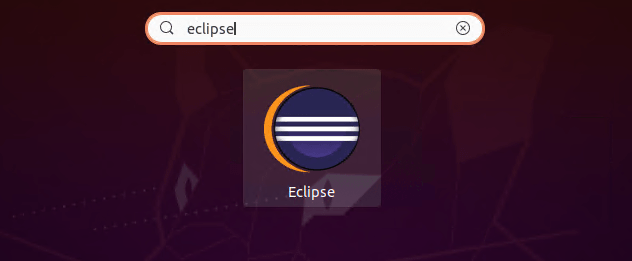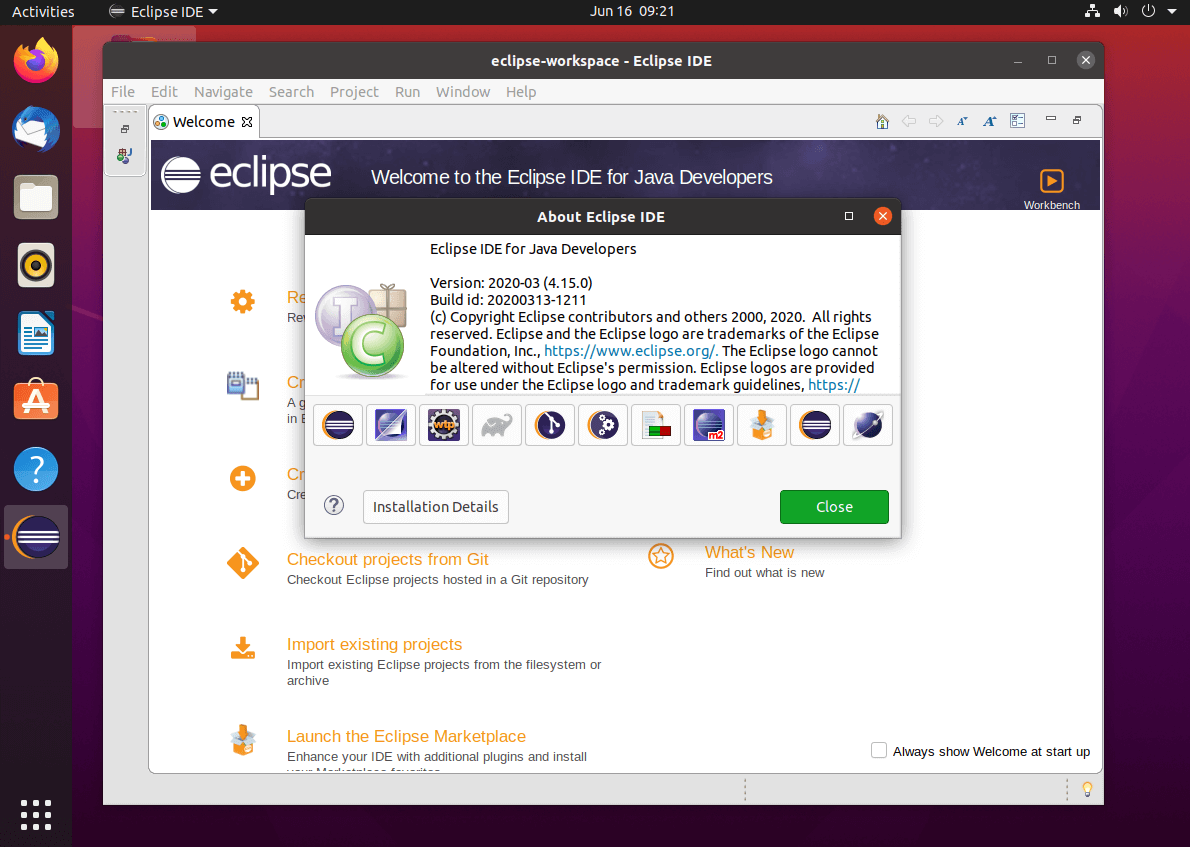
Click on the empty space highlighted in the screenshot below) a Path Mapping with Name SCONE mapping, Add Compilation path and Local file system path (Selecting the local path is tricky, as a button seems to not be rendered correctly. If the build-oot.sh script is used to build outside the source directory, it is advised to re-map the sources back to their original location for Debugging purposes: Switch to tab Source and Add.Switch to tab Debugger and change GDB debugger to scone-gdb.Switch to tab Environment and add all environment variables used by SCONE, example:.Change Name to, C/C++ Application to target/.While the is selected, Select Run > Debug configurations.Both SCONE (if configured) and the test applications will be built. Your regular PATH will be added automatically.) Add the following entries: CC=scone-gcc, CFLAGS=-g -Og, PATH=/built/bin (Tick Add to all configurations for PATH.Right-click the project, select Properties > C/C++ Build > Environment.> C/C++ > Existing Code as Makefile Project > Next Scone-gcc and scone-gdb one the machine your are now installing Eclipse: We assume that you have already installed We show the steps to integrate SCONE with Eclipse. When prompted, select the created workspace folder and Launch.Start Eclipse! (Use the desktop entry or run ~/eclipse/eclipse).Clone or copy the code you want to work with into the workspace, e.g.:.Create a new folder as your workspace, e.g.:.


(Make sure to adapt the paths accordingly.) Comment = Eclipse Terminal = false Name = Eclipse Exec = /home/myusername/eclipse/eclipse Type = Application Icon = /home/myusername/eclipse/icon.xpm Configure Eclipse for developing applications using SCONE


 0 kommentar(er)
0 kommentar(er)
